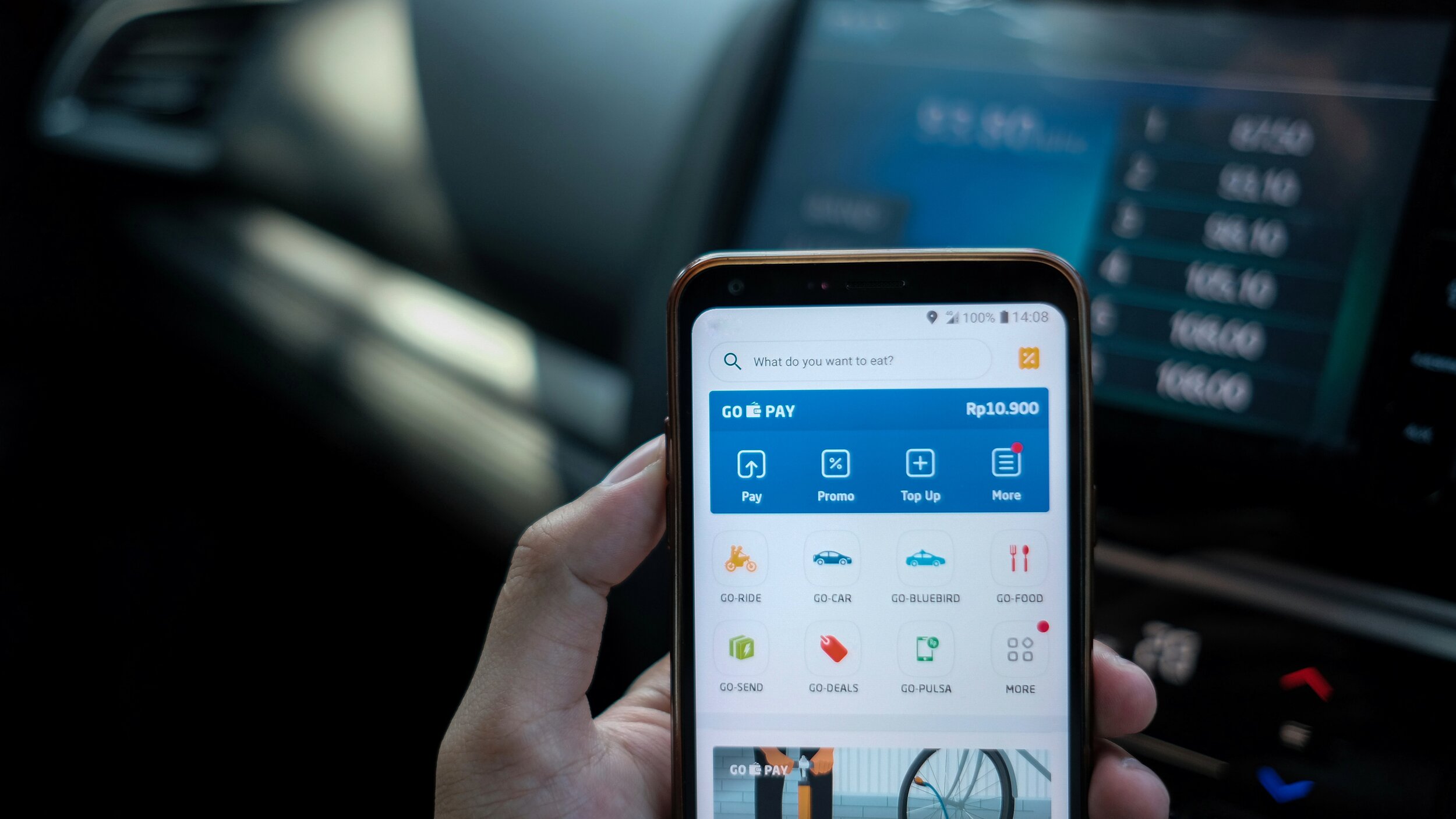Empowerment Through Financial Planning | Taking Control of Your Finances
/A majority of the clients that I work with are women under the age of 40 that haven’t started saving or have saved very little towards their goal of an eventual retirement. When I meet with these individuals and we start talking about saving for retirement and financial planning, I often hear a lot of things along the lines of, “Well I don’t know, I just leave it up to my husband”, “No, I haven’t started saving, I don’t know where or how to start”, “I don’t think I’m in a position to start right now.” Of course, every once in a while I hear the joke of, “My plan is just to marry rich!” While some of you might get lucky and this option will work for you, most will have to take the initiative and do some planning on your end. We’ve had a societal norm for generations that men are the ones who control all the finances. That’s no longer the case.
Nowadays, it’s not uncommon for the woman to be the primary breadwinner in the family. This is just another reason for women to get involved and take control of their finances. It’s not a surprise that a lot of women out there aren’t very comfortable when it comes to money and finances, given our societies prenotation about who is supposed to manage finances. A survey from Credit Karma points out that, “Women are twice as likely as men to associate negative emotions with their finances.” (Brozic). So, what can you do to help bridge this gap and help yourself and other women to be empowered through finances? Here’s a few simple things that you can do to help set yourself on the right track for proper financial planning.
Start A Budget
You can’t begin to get a grasp and understand your finances until you nail down what you’re actually spending money on. The basis of financial planning starts with a budget. There’s a few budgeting techniques that you can do, here’s a few:
Envelope Method-This will work best for individuals who use cash for the most part. At the beginning of each month you put a set amount of money in different envelopes that are labeled based on category. Gas, groceries, eating out, clothes, etc. This helps you properly allocate your money and once your envelope is empty, you’re done spending on that category.
Budgeting Apps-There’re many budgeting apps out there that can link your credit cards with that app for instant budgeting. For some people this might be an easier one if you predominantly use credit cards.
A Simple Excel Spreadsheet-This is my favorite since I normally use a mix between credit cards, cash, and other money transfer apps such as Venmo. Go in each week or at the end of the month and put in what you spent your money on. After this you can start planning ahead for the next month.
Seeing all your expenses and where your cash is actually going will help you better understand your finances.
Ask to Be Included or Start Your Own
Don’t rely on someone else to improve your financial situation. If you have a spouse, ask to be included when conversations about finances come up. If your spouse works with a Financial Planner, ask to go to the meetings. Financial Planning isn’t meant for only one spouse. It’s both of your financial futures and both should be involved in the planning process. Alright, so you don’t have a spouse. As you start to understand your finances more, there’s always people out there to help you. Financial Planners are an excellent resource to help you understand your finances and help you comprehensively plan for the future. The planning process isn’t something you have to do on your own.
Pay Yourself First
One of my favorite sayings is, it’s not how much you make, but it’s what you keep. What this means is that you could have a very good job, good salary, but if you don’t understand how to properly save money and put your financial situation ahead of all the other great things you want to buy, your big salary doesn’t matter. You need to be able to sit money aside that is designated towards your financial goals. If that’s saving for retirement, paying down debt, or starting an emergency fund, the important thing is your paying yourself first.
If individuals that would like the budget template that I use for my clients, feel free to send me an email and I will send the template out. I’m also holding out free first time financial planning meetings to all Indulge members.
Landon Warmund – Reliant Financial Services – lsw@reliantfin.com







